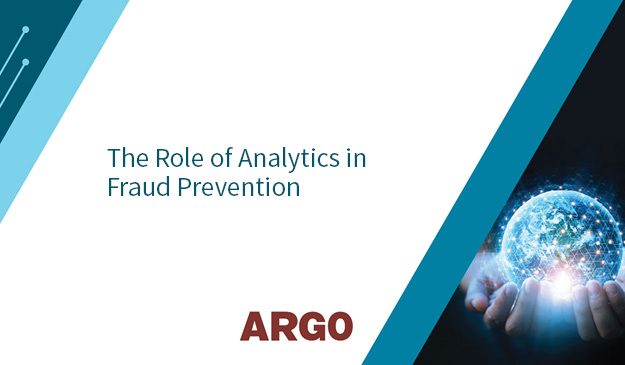Detecting fraud early is critical for financial institutions, making automated fraud detection solutions vital to the success of any sized organization. Fraud detection improves by combining software innovations such as decision tree/multiple variable analysis, image analysis, and machine learning predictive analytics. Data reference topology can increase to include contextual information and negative historical analytics. In turn, these outcomes can detect transactional fraud and suspicious activity, reduce false negatives, and enable a financial institution to make better fraud-related decisions faster.
By utilizing advanced algorithms, such as unsupervised machine learning, automated fraud detection solutions can elevate fraud detection and minimize financial loss. By applying machine learning constructs, institutions accelerate continuous business improvement.Machine learning enables computers to detect their own weaknesses and provide feedback when encountering things they do not understand based on low-confidence computations. The solution can improve the machine learning training for set populations using this data, permitting a low-confidence pattern detection to become a known pattern within the algorithm.
The ARGO Fraud solution, OASIS™ (Optimized Assessment of Suspicious Items), provides cross-channel, multi-fund analytics and adjudication workflow to detect fraudulent transactions and suspicious items. The solution’s increased accuracy in fraud detection directly impacts all cost components of running fraud prevention departments, including deposits, retail, IT, and certainly impacts the bottom‑line. ARGO works to improve analytical capabilities, risk indicators, decision engines and machine learning (supervised and unsupervised). Investment in R&D will increase the ability to detect fraud and fraud types more accurately while reducing false positives, cost, customer friction, and dissatisfaction.
For more information, download the “The Role of Analytics in Fraud Prevention” interview with David Engebos, President and COO of ARGO.





